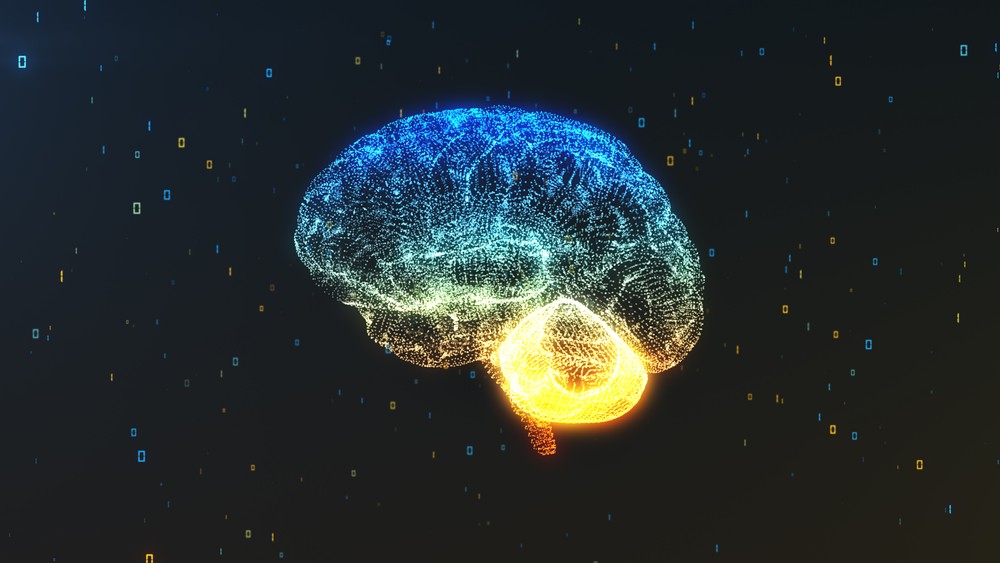Popular Reads
Top Results
Can't find what you're looking for?
View all search resultsPopular Reads
Top Results
Can't find what you're looking for?
View all search resultsFive ways to keep your brain sharp
A list of five ways to keep one’s brain sharp and ready to go.
Change text size
Gift Premium Articles
to Anyone
T
here are several modern lifestyle choices--especially for those who live a high-pace city lifestyle--that affect the brain to the detriment of its ability to function properly. Fortunately, there are a few simple adjustments that can be made to help keep one’s brain sharp and ready to go.
1. Get good at video games
According to a study published by the American Psychological Association, which was referenced in the Washington Post, a meta-analysis found that playing shooter video games improved a player’s capacity to think about objects in three-dimensions; just as effectively as academic courses trained students to do so.
One study author said playing video games could strengthen the range of cognitive skills. Spatial navigation, reasoning, improvements in memory and perception and could also help in younger children’s development, with regards to social skills and learning.
Reader’s Digest also references studies that have shown that video games can help enhance memory and improve reaction time.
2. Laugh out loud
Several researchers have conducted studies that prove laughter has positive benefits not just for the brain, but the rest of the body as well. A study by medical scientific director Ramon Mora-Ripoll at the Organización Mundial de la Risa in Barcelona, Spain, showed that it released emotional and physical tension, which very much weighs on the brain. It also enhances cognitive functioning and elevates mood. (https://www.ncbi.nlm.nih.gov/pubmed/21280463)
Read also: Exercise could be key to staying sharp: Study
3. Learn to relax
According to primary care physician and clinical instructor of medicine, Shanna Levine at Mt. Sinai Hospital, New York, high levels of cortisol can impair concentration. This can lead to problems such as depression, poor memory and even anxiety.
Higher levels of cortisol can also tense muscles, especially in the neck and head, which can cause headaches. To avoid problems from stress, Levine suggests relaxing until focus returns. Try to close your eyes and concentrate on breathing in and out slowly.
4. Get some shut eye
Healthy sleep helps the brain take in, process and retain information throughout the day, according to the National Sleep Foundation based in the United States. New findings showed that sleepiness hinders natural processes that occur in the brain’s network, causing impaired function that has also been implicated in Alzheimer’s disease.
Good sleep strengthens the connection between brain cells and helps the transfer of information. According to another article by the sleep foundation, memories and skills are migrated to brain regions that solidify them--going to bed after learning new information has shown to improve the memorization of the new information.
5. Talk differently
Children can pick up languages much faster and easier, however, this does not mean that adults cannot do the same. According to research conducted at Tel Aviv University, adults learn languages differently from children. In either case, learning a new language stimulates the frontal lobes of your cerebrum, responsible for communication and language.
The Telegraph published a list of benefits of bilingualism; including making one better at the English language by picking up another language. According to the article, bilingual people’s brains operate differently to those who only speak a single language.
Practicing more than one language helps improve brain functionality, build multitasking skills, stave off Alzheimer’s and dementia, improves memory and improves decision-making skills. (acr/wng)











